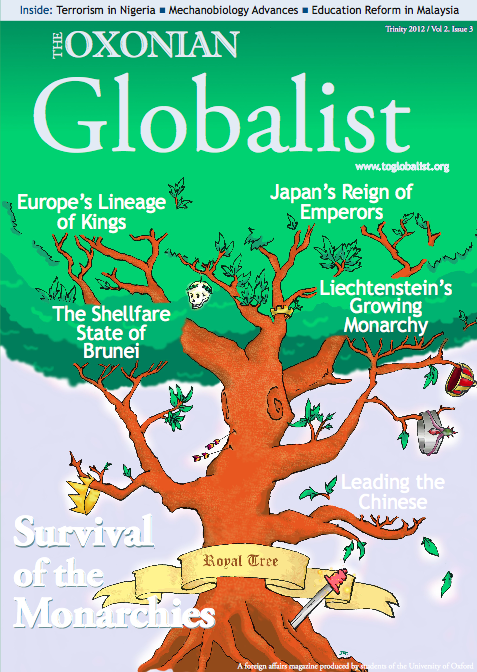The first anniversary of François Hollande’s time as France’s president will hardly be cause for celebration at the Elysée Palace. As Hollande’s former ally Jean-Luc Mélonchon called for an end to austerity measures while he addressed left-wing protesters in the Place de la Bastille on the 5th of May, the president entered his second year in power with record levels of unpopularity, his reputation marred by his ineffective economic policies and scandals surrounding members of his government.
By the end of the five year presidency of Hollande’s predecessor Nicolas Sarkozy, France had also fallen out of love; it was only recently that Hollande surpassed Sarkozy’s previous record-low popularity levels. His failure to address rising unemployment, coupled with his expensive holidays and marriage to glamorous model Carla Bruni soon earned Sarkozy the epithet of “le Président Bling-Bling”, a nickname that stuck with him until he left power in 2012. Hollande was therefore able to campaign on a platform that was primarily “anti-Sarkozy”: he strove to distance himself from the glitz associated with his rival, and promised the electorate that his style of “présidence normale” was the only means of remedying France’s economic woes. Hollande has, however, failed to move beyond this anti-Sarkozy rhetoric and define himself independently in terms of clear policy decisions. The result is frustration not only on the political right, but within his own socialist party, where he has satisfied neither moderate nor extreme sectors of the French left. Hollande is now witnessing the disadvantages of the inoffensiveness that gave him such generalised appeal as a presidential candidate.
If his time as President thus far has been characterised by anything, it is surely the contradictory and largely ineffective economic policies of a government that seems incapable of remedying France’s struggling economy. The Prime Minister Jean-Marc Ayrault was this February forced to admit that the country will miss their target of bringing the deficit under 3% of gross domestic product by the end of the year, a condition originally laid out by E.U policy makers. Hollande has also failed to curb growing unemployment: March 2013 saw the unemployment rate break previous records and reach 3,224,000. Few now believe Hollande’s continued assertion that his government is capable of reversing the increase in the unemployment rate by the end of the year.
Criticism from the media and opposition politicians of Hollande’s response to the floundering economy has focused largely on the perceived inconsistencies of his approach. He last year announced a rise in all 3 rates of VAT from 2014, undermining his election promise to avoid the massively unpopular VAT increases proposed by Sarkozy. But one of his most humiliating policy failures is his attempt to introduce a so-called “super-tax” of 75 % on individuals earning over €1 million a year. The proposal was ultimately judged unconstitutional by the “Conseil consititutionel”, forcing Hollande to modify his plans. He now aims to introduce a temporary tax rate of 75%, to be paid by businesses on behalf of employees earning over €1 million. The amended plans continue to be met with incredulity; Laurence Parisot the president of the Mouvement des Entreprises de France (MEDEF), the largest of France’s employers’ unions, for instance, considers the move to be harmful to business and innovation within France.
France’s bleak economic situation has eclipsed what might otherwise be seen as the achievements of Hollande’s presidency. This April saw the introduction of France’s gay marriage bill. Though inevitably divisive, the bill is proof that Hollande is capable of fulfilling election promises in the face of vocal, at times violent, resistance. He again demonstrated rare decisiveness in Mali, where French troops have been present since January, and have played a crucial role in the defeat of the Jihadist forces that had seized power in the north of the country. Following the resignation of his budget and European affairs minister, Jérome Cahuzac, after his admission that he kept millions of euros in clandestine bank accounts in Switzerland and Singapore for over 20 years, Hollande is introducing measures for the so-called “moralisation” of French politics. At a time when public faith not only in the President but in political institutions as a whole is suffering, his measures, which include plans to annually publish the assets of senior ministers and stricter controls on the professions politicians can hold alongside their elected roles, aim to restore popular belief in the integrity of politicians and could win back some of the supporters who have drifted away from the Hollande camp.
Hollande has consistently argued that the benefits of his policies will become apparent at the end of his five years in power. But as the country takes stock of the past 12 months, the question of whether France is in the position to wait that long remains unanswered.




